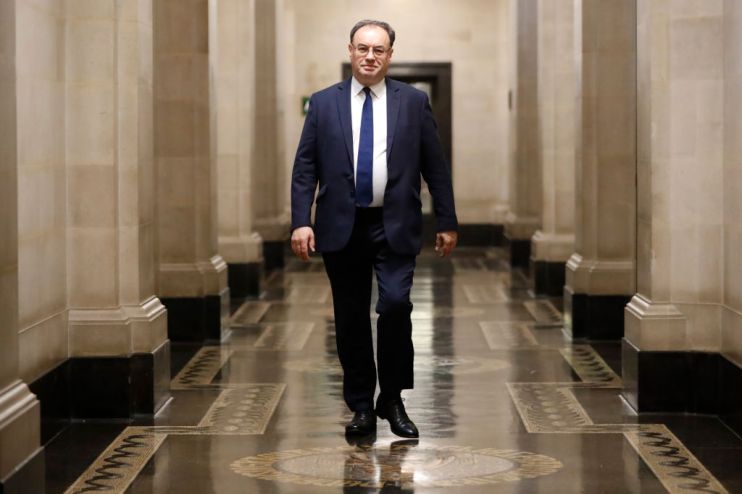BoE chief concerned over El Salvador use of Bitcoin as legal tender

Andrew Bailey, governor of the Bank of England, said El Salvador’s decision to adopt Bitcoin as an official currency was concerning.
“It concerns me that a country would choose it as its national currency,” Bailey said whilst speaking at the Cambridge University student union yesterday evening.
“What would worry me most of all is, do the citizens of El Salvador understand the nature and volatility of the currency they have?” he added, pointing out that the International Monetary Fund is not happy with the country’s government for taking the decision.
The comments come as the Bank of England mulls whether to introduce its own digital currency backed by the central bank (CBDC) which would streamline online payments.
“There is a strong case for digital currencies, but in our view it has to be stable, particularly if it’s being used for payments. That is not true for crypto assets,” Bailey said.
In a world first El Salvador took the decision to make bitcoin legal tender alongside the US dollar on the 07 September.
The first few weeks of the giant economic experiment were marred by technical glitches, protests and swings in the price of Bitcoin.
Even so, the country’s charismatic young president Nayib Bukele is pushing ahead with building a Bitcoin city at the base of a volcano which will be financed with crypto bonds.
While bigwigs at the Bank of England are not sold on crypto they are hoping to steer the public towards state issued versions of digital currency.
At a meeting of a parliamentary committee earlier this week Bailey and Jon Cunliffe, the central bank’s governor for financial stability, said that commercial banks stood to lose out on a fifth of deposits if plans to launch Britcoin come to fruition.
The Bank of England and HM Treasury will jointly consult on the possible launch of a UK CBDC.
Read more: Banks could lose out on a fifth of deposits under Britcoin proposals – BoE